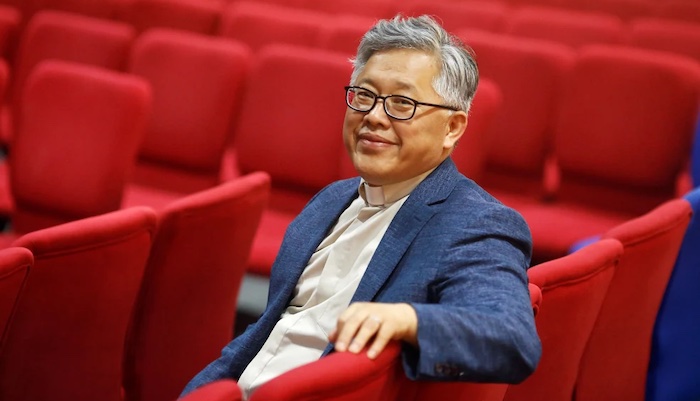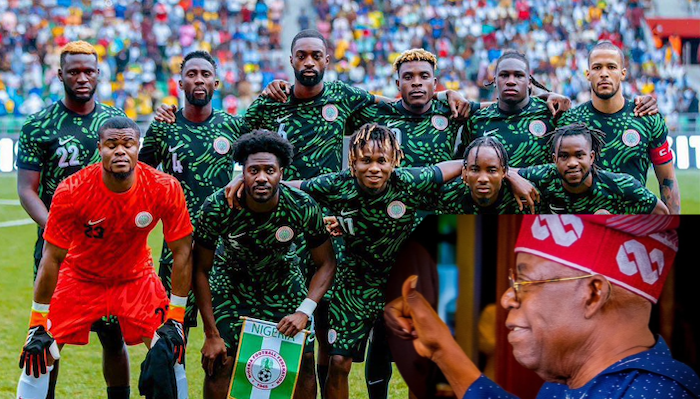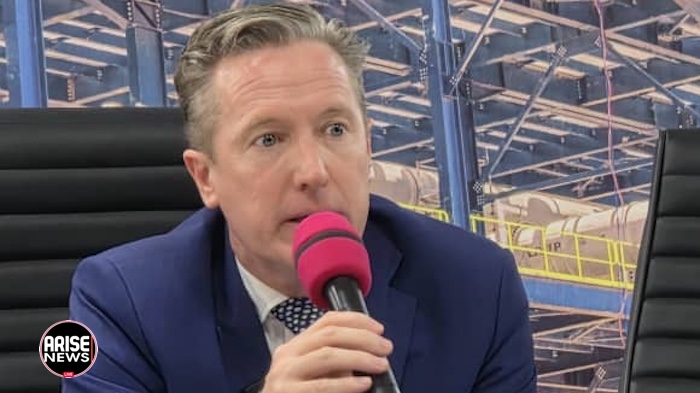
In what activists describe as China’s largest arrest of Christians in decades, authorities have detained Pastor Jin Mingri, founder of the influential Zion Church network, alongside at least 30 other church leaders and members in a sweeping crackdown spanning multiple cities.
The arrests, which took place last weekend across Beijing, Shanghai, and several other locations, mark a major escalation in the Chinese government’s ongoing campaign against unregistered “house churches.” Pastor Jin, who was taken from Beihai city in Guangxi province, is currently being held at Beihai Number Two Prison, according to an official detention notice obtained. He is accused of the “illegal use of information networks.”
Jin’s daughter, Grace Jin Drexel, who lives in the United States, said the family realised something was wrong after receiving a message from her father asking for prayers for another pastor who had gone missing in Shenzhen.
Hours later, her mother informed her that Jin himself could no longer be reached.
Rights groups and Christian advocacy organisations say the coordinated arrests signal a new phase of religious repression in China.
Corey Jackson of the Luke Alliance said the scale and coordination of the raids were “unprecedented,” warning that other underground churches could face similar treatment. “We anticipate this is just the beginning of a larger crackdown,” he said.
Zion Church, founded in Beijing in 2007, has long been one of China’s most prominent independent congregations, drawing thousands of worshippers across more than 100 branches nationwide. The church refused to register under the government’s state-sanctioned Protestant movement, leading to its forced closure in 2018 after authorities demanded the installation of surveillance cameras inside its premises.
Since then, the church has operated through a “hybrid model” combining online sermons with small in-person gatherings a format increasingly targeted under new laws tightening online religious activity. A recent code of conduct introduced in September allows only licensed organisations to hold online religious services, effectively outlawing unregistered church activity on the internet.
Chinese officials have defended the crackdown, insisting that all citizens enjoy freedom of religion “in accordance with the law.” A spokesperson for the Chinese Embassy in London said that “all religious groups and activities must comply with the laws and regulations of China.”
However, human rights advocates argue that the government’s interpretation of “lawful religion” is designed to bring all worship under Communist Party control. Pastor Sean Long, a Zion Church spokesperson now based in the US, described the latest arrests as a “systematic roundup” intended to intimidate other Christian groups. “Zion is the chicken,” he said, citing a Chinese idiom. “They are killing the chicken to scare the monkeys.”
For Jin, the crackdown is the culmination of decades of struggle. Born in Heilongjiang province in 1969, he turned to Christianity after witnessing the Tiananmen Square crackdown as a university student. His faith led him to reject the state-run church system, which he said “served two masters” God and the Communist Party.
Despite the current wave of arrests, Zion’s followers say they will continue to worship. “Persecution cannot destroy the church,” said Pastor Long. “If you look back to history, where there is repression, there’s revival.”
Erizia Rubyjeana



